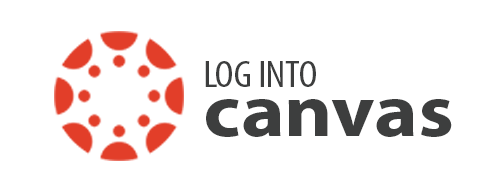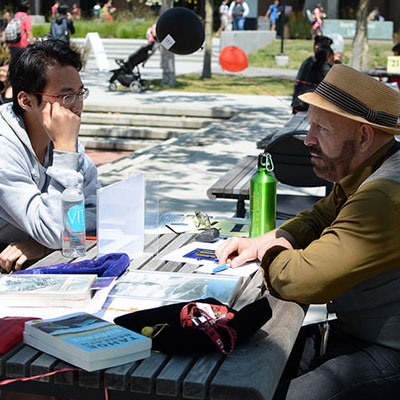
Faculty
How OER and ZTC Work Together
Open Educational Resources (OER) are freely available teaching and learning materials with open licenses that allow faculty to adopt, adapt, and share them at no cost.
Zero Textbook Cost (ZTC) refers to courses or programs in which students pay nothing for required instructional materials. Although faculty can achieve ZTC status in several ways—by using OER, library-licensed resources, faculty-created materials, or other free content – the state directs us to focus on OER as the only sustainable, long-term solution.
In short, OER are a key foundation of ZTC, providing the flexibility and openness that make it possible to design high-quality, cost-free learning experiences for students.
We have a Foothill-specific Canvas course available for faculty to learn more, and we can help guide you in adopting/adapting materials. For more information, questions or to request assistance with OER and ZTC, reach out to our OER/ZTC Faculty Coordinator: Sally Baldwin.
Why Use OER?
- Use and adapt freely:You can legally retain, reuse, revise, remix, and redistribute learning materials—at no cost and without seeking permission.
- Ultimate academic freedom: Revise and remix content so you can teach exactly what you want, how you want.
- Advance equity for low SES students: Remove expensive textbook barriers that affect student success for low SES student populations.
- Keep courses current: Add digital relevance by updating and tailoring materials.
- Improve continuously: OERs improve every time educators collaborate to retain, reuse, revise, remix, and redistribute them.
OER Materials
The Academic Senate for California Community Colleges (ASCCC) has curated a robust catalog of OER materials that have been vetted by CCC faculty discipline experts. You can search by discipline, C-ID number, or Cal-GETC. It’s a great place to start your search!
The following list highlights additional trusted repositories and collections where faculty can find, review, and adopt OER. These resources include open textbooks, course materials, and multimedia content across many disciplines. You can use them as-is or adapt them to fit your specific course outcomes.
Exploring these sites is a great first step toward reducing student costs and updating course content.
- College of the Canyons OER Textbooks: Free, online textbooks written by California Community College faculty.
- COOL4Ed (California Open Online Library for Education): Search by C-ID or browse a faculty showcase organized by discipline or institution.
- GALILEO Open Learning Materials (University System of Georgia): High-quality open textbooks and supporting materials.
- LibreTexts (UC Davis): Widely used and well-developed; browse by discipline (“Explore the libraries”).
- OASIS: User-friendly search across 100+ sources and 400,000+ OER records (SUNY Geneseo, Milne Library).
- OER Commons: Large, easy-to-search repository; the CA Community Colleges Hub is especially useful.
- Open Educational Resources by Discipline (ASCCC OERI): Discipline-specific lists curated by CA community college faculty.
- Open Oregon: Extensive listings with details on real classes using OER (institution, course, materials, instructor).
- OpenStax (Rice University): Peer-reviewed, openly licensed textbooks with slides, test banks, and more; adopted at ~70% of higher-ed institutions and has saved students nearly $2B in the last decade.
- Open Textbook Library (University of Minnesota): 1,000+ high-quality open textbooks across many subjects, with faculty reviews.
Check to see how close your department is to offering a ZTC degree/certificate.



